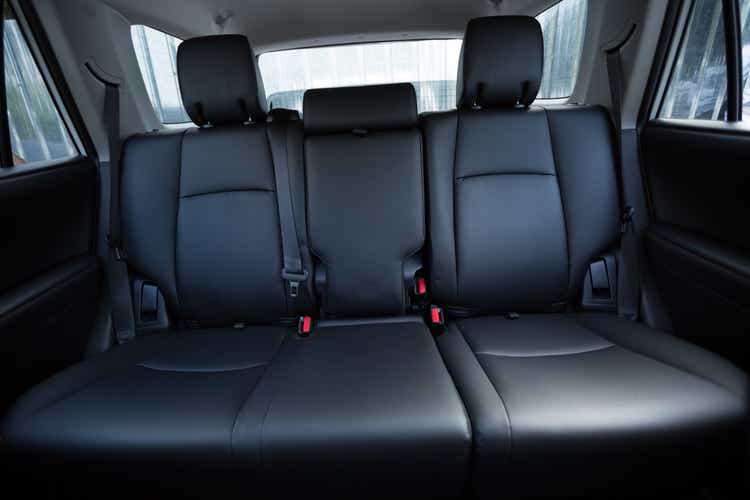Adient to cut European workforce, move jobs to countries with cheaper labor (ADNT)

To lower costs, Adient (NYSE:ADNT) will restructure its European businesses by cutting its workforce and moving positions to countries with lower labor costs. The measures are a result of increased competition in the sector and structural changes in the European automotive market.
The company did not disclose how many jobs would be cut or where the positions would be moved.
The restructuring will cost the company ~$125M in Q2 almost entirely related to termination benefits in Europe. Restructuring actions will primarily occur in FY25 and FY26 and expected to be substantially complete by FY27. The restructuring is expected to save the company ~$60M in annual operating costs.
Adient (ADNT) is a major seat supplier to European automakers like Mercedes-Benz (OTCPK:MBGAF), Volkswagen (OTCPK:VWAGY), BMW (OTCPK:BMWYY), and Stellantis (STLA), and as such, faces challenges inherent to the European car market. In the past, the European market has been largely insulated from some of the challenges facing the U.S. thanks to cost efficiencies, brand value, and a strong Chinese market for European cars. Over the years, however, those advantages have been eroded by increased competition from Chinese-made vehicles and Europe’s late adoption of electric vehicles.
In the company’s most recent earnings report, Adient (ADNT) lost 9% in profits from a year ago, missing Street expectations by $0.16 per share and set 2024 sales guidance below estimates of $15.6B.
Adient reports FQ2 results on May 3, expected to show an adjusted profit of $0.42 per share on $3.8B in sales.
Related
ForexLive European FX news wrap: Euro stays buoyed, markets wait…
Headlines:Markets:EUR leads, AUD lags on the dayEuropean equities lower; S&P 500 futures up 0.1%US 10-year yields down 2.7 bps to 4.255%Gold up 0.4% to $2,9
European shares fall as tariff uncertainties weigh; US jobs data…
(Reuters) - European shares fell on Friday as frequent shifts in U.S. trade policy throughout the week resulted in risk aversion, while focus remained on th
US economy added 151,000 new jobs in February; Euro on…
US jobs report releasedNEWSFLASH: Hiring across the US economy picked up slightly at the start of Donald Trump’s second term in office.The US economy added 15












